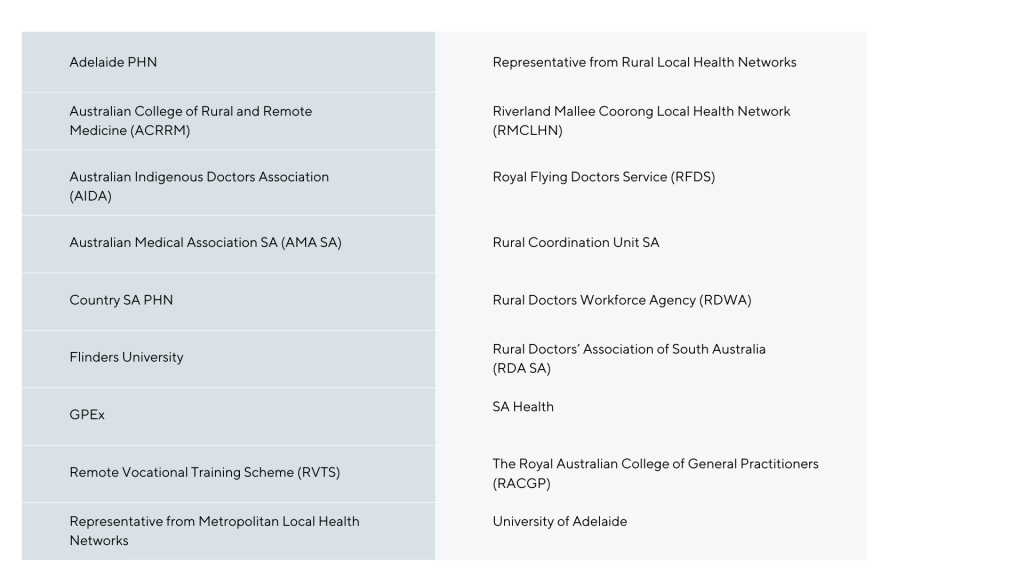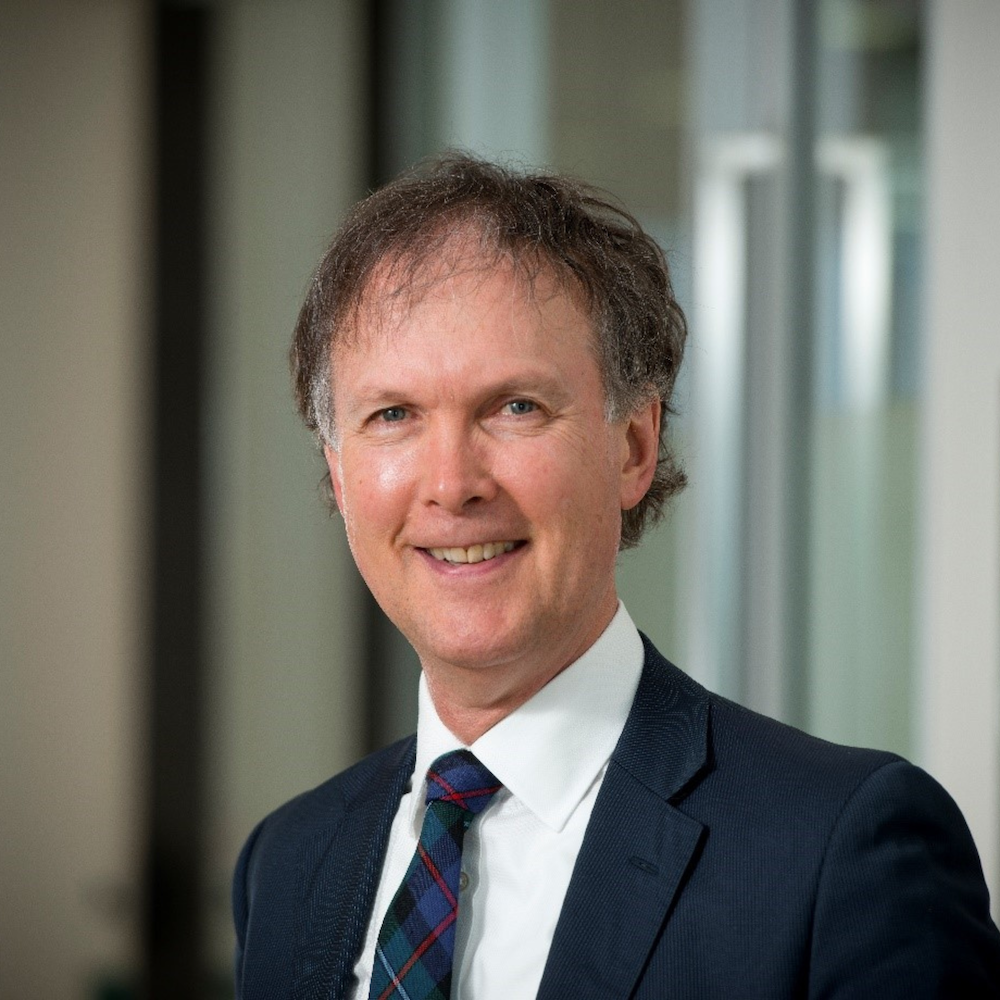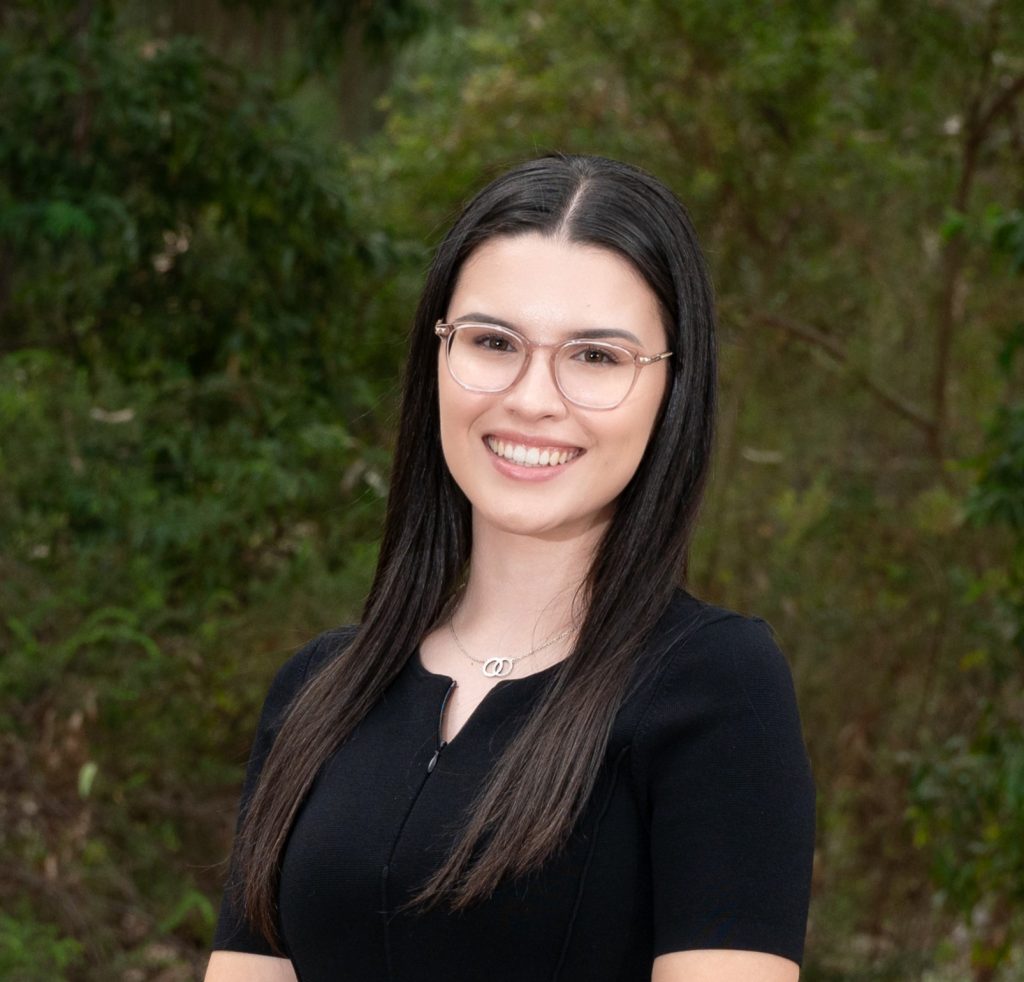Ensuring Accountability in Australia’s General Practice Training system

A conversation with Professor Paul Worley and GPEx’s India-Rose Avery about the Department of Health and Aged Care’s General Practitioner Workforce Planning and Prioritisation (GP WPP) Program.
Emeritus Professor Paul Worley has had an illustrious career in healthcare. He is Executive Director of Clinical Innovation at the Riverland Mallee Coorong Local Health Network, Medical Director for the Australian Teletrials Program in South Australia and the Northern Territory, Editor-in-Chief of the Rural and Remote Health journal, a former dean of the School of Medicine at Flinders University, a former (and the inaugural) National Rural Health Commissioner, and a practicing rural generalist.
Given his extensive commitments and punishing schedule, we were delighted when he accepted our invitation in 2023 to head the steering committee for South Australia’s GP WPP Program, whose consortium is led by GPEx.
The WPP provides the Australian government with independent and evidence-based advice to inform the geographic distribution and placement of Australian General Practice Training (AGPT) registrars to meet the community and workforce needs. Or as Professor Worley explains, “it’s a tool to enable training organisations to become accountable for health workforce outcomes, particularly in the General Practice training system. You can’t ask for accountability unless there is really good data, which the WPP program aims to provide. It enables colleges and, perhaps in the future, universities and junior doctor training, to really address the challenges”.
It’s no secret that our primary care workforce and particularly the GP workforce is under strain and struggling to meet demands. The RACGP’s latest “General Practice Health of the Nation” report highlights these challenges: The wellbeing of the GP workforce continues to decline along with job satisfaction, just under four in 10 practising GPs indicate that they would not recommend their profession to junior colleagues, and 29% of GPs intend to retire in the next five years. At the same time, GPs feel under pressure to take up responsibility for a health system that they feel is failing.
As a rural doctor whose practice has found it increasingly difficult to recruit GPs, Professor Worley believes the government’s direction for using public money for a workforce planning activity is both appropriate and timely. As chair of the steering committee, he sees this involvement in the program as a natural progression of the work he has been doing for the past 25 years to advance health equity, and deems it a privilege to chair South Australia’s GP WPP Steering Committee.
GPEx’s consortium partners for the WPP program are Adelaide Primary Health Network and the SA Department for Health and Wellbeing. GPEx and consortium partners deliberately expanded organisational representation to strengthen expertise and frontline insights (see table).
Grass roots engagement with individuals on the front line is key.
“Research data from formal sources like Medicare is valuable but just part of the picture,” says India-Rose Avery, Workforce Planning and Prioritisation Lead at GPEx.
“To achieve equity, you need good data, and the Commonwealth only has access to part of the relevant data, especially when you look at small population groups that can throw up anomalies that don’t make sense. We work to make sense of the data so that decisions can be well informed and encompass lived experiences.”
Over the past year, Ms Avery and her team have been travelling throughout South Australia meeting with GPs and practice managers to learn more about the challenges they face in recruiting GPs and registrars, and in meeting local health demands.
By combining quantitative data with these qualitative insights from these conversations with those working at the front line, detailed reports and recommendations are provided by GPEx to the Department of Health and Aged Care, and GP Colleges at the GP catchment level. It should be noted that; GP catchments were developed by the Department to delineate communities’ access to GP services, considering factors such as patient-flow data from Medicare, the location of GP services and infrastructure, topography and travel distance.
In total there are 826 GP Catchments across Australia, with 93 in South Australia.
While the data captured and analysis to-date has been illuminating , there are opportunities still to review the distribution mechanisms to ensure registrars are being placed where they are most needed. “For example,” says Professor Worley, “we know rural generalists work in hospitals as well as general practice clinics. Understanding what is happening in local health networks and local hospitals will allow us to better understand the GP demand and supply.”
However, according to Professor Worley, a key step forward is the WPP’s consideration of the level of chronic illness in each catchment area as opposed to simply looking at doctor-to-population ratios. This hasn’t happened before and provides an innovative picture of supply and demand based on social determinants of health.
At this point the data and analysis for South Australia has aligned with the perception of people on the ground that the system is stressed and that additional resources must be channelled to those areas of most severe distress.
There remains a significant body of work to be done, with the program currently funded to December 2025.
Feedback on the South Australian consortium’s advice so far has been very positive. More important, of course, will be appropriate distribution of AGPT registrars.
Professor Worley takes a positive outlook, saying “I am hopeful that our efforts will advocate for better healthcare for all, and particularly for the most vulnerable South Australians”.
GP WPP SA Steering Committee Members

How you can help
You can make a direct contribution to this important work by considering our invitation to meet with a GPEx representative in person, via Zoom or phone at a mutually convenient time. Please contact us at projects@gpex.com.au.

Emeritus Professor Paul Worley, Executive Director of Clinical Innovation at the Riverland Mallee Coorong Local Health Network and Medical Director for the Regional Clinical Trials Coordinating Centres in South Australia and the Northern Territory, was the inaugural National Rural Health Commissioner and a former Dean of the School of Medicine at Flinders University.
Professor Worley studied medicine at the University of Adelaide and undertook postgraduate training at Flinders Medical Centre. He was in solo rural practice at Lameroo, in the Murray Mallee region of South Australia, and then moved to a group rural practice at Clare. He was subsequently in a group practice in Barmera and currently is in rural practice in Yankalilla. He is a Fellow of both the Australian College of Rural and Remote Medicine (ACRRM) and the Royal Australian College of General Practitioners (RACGP). As well as maintaining an active clinical workload in both rural and urban practice, Professor Worley was responsible for leading the rapid expansion of Flinders University’s rural health education programs in South Australia and the Northern Territory.
Professor Worley is a Board Director of the Royal Flying Doctor Service Central Operations and of the Medical Insurance Group Australia (MIGA). He is a past Academic Director on the Board of ACRRM, past President of the Rural Doctors Association of South Australia, and was the Commonwealth appointed Chair of the Prevocational General Practice Placements Program from 2005 to 2009 and the John Flynn Scholarship Scheme from 2004-2007. His passion is to see a sustainable rural health workforce enabling rural communities to thrive. In 2001, he was appointed Editor in Chief of Rural and Remote Health, the International Journal of Rural and Remote Health Research, Education, Practice and Policy.

India-Rose Avery, the Workforce Planning and Prioritisation (WPP) Grant Delivery Lead at GPEx, has honed her expertise in administration, personnel and business management through a series of challenging management roles within the Medical and Education Industries.
With a background and qualifications as a Practice Manager, and extensive experience as a Program Coordinator supporting the Australian General Practice Training (AGPT) program and Practice Experience Program (PEP), her proficiency in training coordination, project management, HR management, financial support, governance, customer service, and team management has consistently delivered efficient commercial outcomes. Known for excelling in high-pressure environments, India-Rose is dedicated to ongoing professional development, currently pursuing advanced education in project management, and holds specialised certification in PRINCE2. Her commitment to excellence underscores her ability to lead and execute projects with precision and expertise.